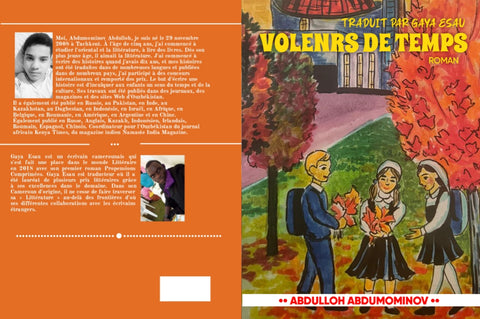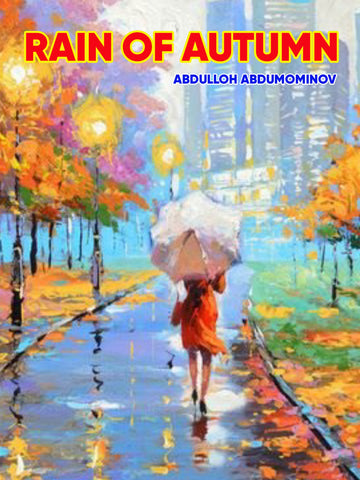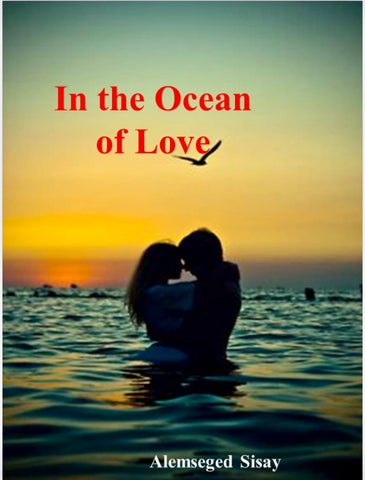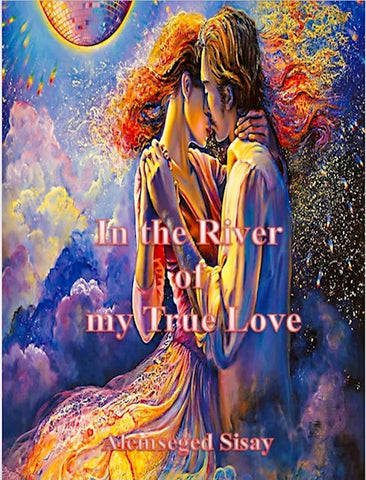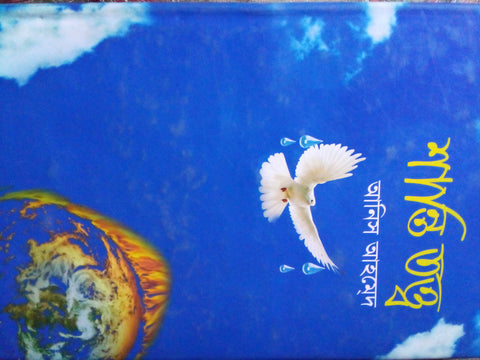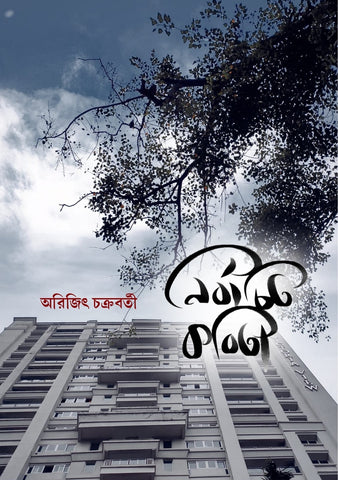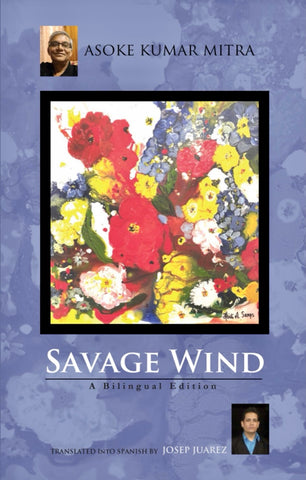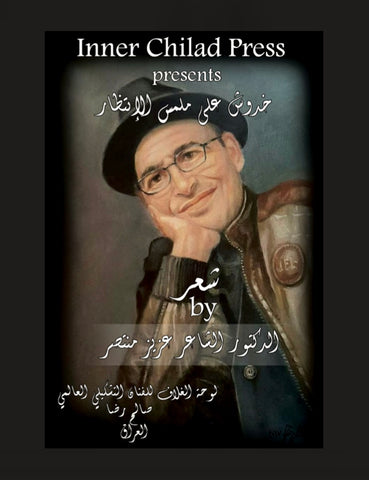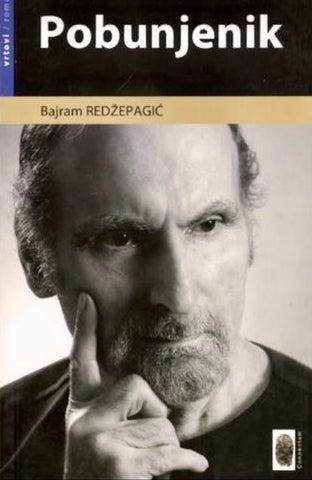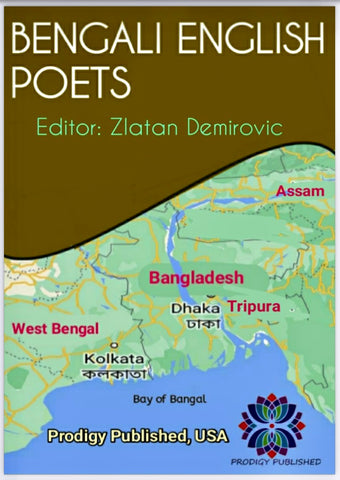Your cart is empty now.

Bangladesh is one of the beautiful smallest countries of the world in Indian subcontinent of the south-east Asia and almost bordered by India. Only The Bay of Bengal is on the south. In ancient time it was independently ruled by different kings in the region of greater Bengal. In Mughal period this area of present Bangladesh included West Bengal, Bihar and Odia was a state of Mughal empire. Then it was ruled by the British 190 years as a part of greater Indian subcontinent from 1757 to 1947. The borders of modern Bangladesh were established with the separation of Bengal and India in August 1947, when the region became East Pakistan as a part of the newly framed State of Pakistan following the end of British rule in the region. Proclamation of Bangladesh Independence in March 1971 led to the nine-month long Bangladesh Liberation War, that culminated with East Pakistan emerging as the People's Republic of Bangladesh. Its area is 1,47, 000 sq-kilometers and population are about 16'5 crore. It is a densely populated country. Ninety percent people are Muslim, the rests are Hindu, Buddhist, Cristian and different tribes. By population it is the 8th biggest country of the world. Bengali or Bangla is its native language that originated Bangali or Bangladeshi nationality.
Anthropologists believe that Bangali is a vastly mixed nation as many races of the world originated from the four principal ethnic groups-Negroid, Mongoloid, Caucasoid and Australoid had intruded into it. So, the existence of numerous and varied ethnic groups in the mixed blood of the Bengalis is traced. It is assumed that the speakers of austral language were the majority among the ancient inhabitants of Bangladesh. The Bengal region was ruled by the 'Guptas', 'Senas', 'Barmans', 'Kamboja', 'Khar Haga', 'Turkish', 'Afghans', 'Mughals', 'Portuguese', 'English', 'Armenians', etc., who left behind their blood current. This intermingling of blood continued even during the Pakistani era. This mixing has been geared up even more during the current age of globalization. This ancient ethos has remained the real identity of the Bangali nation.
The first mention of the Bangali ethnic groups is found in the writings of Greek historians. The state was given the name of 'Vangala' or Bangla as the inhabitants of this land were termed Vangelia or Bangali, a common language – Bangla that was given shape for the whole of the Bangali nation.
Although Bangladesh was a province in the Muslim Mughal state structure, its provincial rulers took great care in handling its cultural distinctiveness. It was during this period that the major festivals of the Bengalis came into being. The Bangla calendar, name of Bangla months, pahela baishakh or the Bengali New Year's festival were the contributions of the Mughals. Various festivals, diverse food-items and dresses which were introduced added colour to the Bangaliness. Betel-leaf, tobacco, drinks, jalsa or adda means cultural gatherings were special contributions of the Mughals. The Bengali poetry or literature was influenced by these diverse cultural developments. Sufism and vaisnavism, and related literature and folk-practices added distinctiveness to the Bangalee ethos.
The Bengali language generally corresponding to the country of Bangladesh and the Indian state of West Bengal belongs to the Indo-Aryan group of the Indo-Iranian branch of the Indo-European language family. The Bengali are of diverse origin, having emerged from the confluence of various communities that entered the region over the course of many centuries. The earliest inhabitants of the region are believed to have been the Vedda from Sri Lanka. Later the Vedda were joined by Mediterranean peoples who spoke Indo-European languages. In the 8th century peoples of Arab, Turkish, and Persian descent began to enter the area. Eventually all these groups merged to become the people now known as Bengali. Whether Hindu or Muslim, the Bengali people engage in a broad spectrum of artistic activity. Both Hindus and Muslims share the Hindustani classical music and dance tradition, while they also display a strong penchant for nonclassical popular forms. The Bengali of Bangladesh, for instance, created many unique popular music genres, such as baul and marfati, that have remained without true equivalents outside the country.
Bangladesh is a land of beauty and poetry, rich culture and literature. Bengali literature dates to before the 12th century. The Caitanya movement, an intensely emotional form of Hinduism inspired by the medieval saint Caitanya (1485– 1533), shaped the subsequent development of Bengali poetry until the early 19th century, when contact with the West sparked a vigorous creative synthesis. The modern period has produced the Nobel Prize-winning romantic world poet Rabindranath Tagore, rebel poet Kazi Nazrul Islam-national poet of Bangladesh, poet of nature Jibanananda Das, folk poet Jasim Uddin and great modern poets Farrukh Ahmed, Syed Ali Ahsan, Ahsan Habib, Shamsur Rahman, Al Mahmud, Shahid Quadri, Fajal Shahabuddin, Abdul Mannan Syed, Syed Shamsul Haque, Dilwar and so on who should be translated for world poetry lovers. We, Prodigy Published wish to publish their great Bengali poems into English in future.
Besides Bengali poetry a remarkable number of Bengali bilingual or English poets are actively and powerfully creative in contemporary English poetry and literature. They contribute lots to promote poetry and represent their country globally. They are often published in the world-renowned anthologies, magazines, newspapers, journals and channels and participated in international poetry festivals, translated and awarded globally. In honor of their great contribution in world poetry, we happily decide to publish them in a collection like this book ENGLISH POETS BANGLADESH. We hope it will be a milestone for their poetic journey and help them to go far in the aesthetic way of poetic humanity.
In this collection, we tried to find out all of existing English poets originated Bangladesh and collect their details, yet someone might be missed for the lack of connectivity or their unwilling or noncooperation. But I would like to mention here that we are hopeful to publish another edition titled BENGALI ENGLISH POETS in which all of the English poets from Bangladesh and West Bengal included other Bengali regions of India will be invited to participate.
Dear readers and poets, you know that this book is a collection of English Poets from Bangladesh, so the seriality of the poets has been designed basing on their overall contributions in English poetic literature of internationally recognition, reputation, publication, participation, translation, promotion, achievement, award, popularity, poetic quality, quantity, intellectuality, personality and image etc. We heartily believe that poetry lover world will be certainly benefited having experienced and familiar with the English poetic standard of Bangladeshi English poets reading this book.
With regards,
Zlatan Demirovic, Editor
Prodigy Published
Anthropologists believe that Bangali is a vastly mixed nation as many races of the world originated from the four principal ethnic groups-Negroid, Mongoloid, Caucasoid and Australoid had intruded into it. So, the existence of numerous and varied ethnic groups in the mixed blood of the Bengalis is traced. It is assumed that the speakers of austral language were the majority among the ancient inhabitants of Bangladesh. The Bengal region was ruled by the 'Guptas', 'Senas', 'Barmans', 'Kamboja', 'Khar Haga', 'Turkish', 'Afghans', 'Mughals', 'Portuguese', 'English', 'Armenians', etc., who left behind their blood current. This intermingling of blood continued even during the Pakistani era. This mixing has been geared up even more during the current age of globalization. This ancient ethos has remained the real identity of the Bangali nation.
The first mention of the Bangali ethnic groups is found in the writings of Greek historians. The state was given the name of 'Vangala' or Bangla as the inhabitants of this land were termed Vangelia or Bangali, a common language – Bangla that was given shape for the whole of the Bangali nation.
Although Bangladesh was a province in the Muslim Mughal state structure, its provincial rulers took great care in handling its cultural distinctiveness. It was during this period that the major festivals of the Bengalis came into being. The Bangla calendar, name of Bangla months, pahela baishakh or the Bengali New Year's festival were the contributions of the Mughals. Various festivals, diverse food-items and dresses which were introduced added colour to the Bangaliness. Betel-leaf, tobacco, drinks, jalsa or adda means cultural gatherings were special contributions of the Mughals. The Bengali poetry or literature was influenced by these diverse cultural developments. Sufism and vaisnavism, and related literature and folk-practices added distinctiveness to the Bangalee ethos.
The Bengali language generally corresponding to the country of Bangladesh and the Indian state of West Bengal belongs to the Indo-Aryan group of the Indo-Iranian branch of the Indo-European language family. The Bengali are of diverse origin, having emerged from the confluence of various communities that entered the region over the course of many centuries. The earliest inhabitants of the region are believed to have been the Vedda from Sri Lanka. Later the Vedda were joined by Mediterranean peoples who spoke Indo-European languages. In the 8th century peoples of Arab, Turkish, and Persian descent began to enter the area. Eventually all these groups merged to become the people now known as Bengali. Whether Hindu or Muslim, the Bengali people engage in a broad spectrum of artistic activity. Both Hindus and Muslims share the Hindustani classical music and dance tradition, while they also display a strong penchant for nonclassical popular forms. The Bengali of Bangladesh, for instance, created many unique popular music genres, such as baul and marfati, that have remained without true equivalents outside the country.
Bangladesh is a land of beauty and poetry, rich culture and literature. Bengali literature dates to before the 12th century. The Caitanya movement, an intensely emotional form of Hinduism inspired by the medieval saint Caitanya (1485– 1533), shaped the subsequent development of Bengali poetry until the early 19th century, when contact with the West sparked a vigorous creative synthesis. The modern period has produced the Nobel Prize-winning romantic world poet Rabindranath Tagore, rebel poet Kazi Nazrul Islam-national poet of Bangladesh, poet of nature Jibanananda Das, folk poet Jasim Uddin and great modern poets Farrukh Ahmed, Syed Ali Ahsan, Ahsan Habib, Shamsur Rahman, Al Mahmud, Shahid Quadri, Fajal Shahabuddin, Abdul Mannan Syed, Syed Shamsul Haque, Dilwar and so on who should be translated for world poetry lovers. We, Prodigy Published wish to publish their great Bengali poems into English in future.
Besides Bengali poetry a remarkable number of Bengali bilingual or English poets are actively and powerfully creative in contemporary English poetry and literature. They contribute lots to promote poetry and represent their country globally. They are often published in the world-renowned anthologies, magazines, newspapers, journals and channels and participated in international poetry festivals, translated and awarded globally. In honor of their great contribution in world poetry, we happily decide to publish them in a collection like this book ENGLISH POETS BANGLADESH. We hope it will be a milestone for their poetic journey and help them to go far in the aesthetic way of poetic humanity.
In this collection, we tried to find out all of existing English poets originated Bangladesh and collect their details, yet someone might be missed for the lack of connectivity or their unwilling or noncooperation. But I would like to mention here that we are hopeful to publish another edition titled BENGALI ENGLISH POETS in which all of the English poets from Bangladesh and West Bengal included other Bengali regions of India will be invited to participate.
Dear readers and poets, you know that this book is a collection of English Poets from Bangladesh, so the seriality of the poets has been designed basing on their overall contributions in English poetic literature of internationally recognition, reputation, publication, participation, translation, promotion, achievement, award, popularity, poetic quality, quantity, intellectuality, personality and image etc. We heartily believe that poetry lover world will be certainly benefited having experienced and familiar with the English poetic standard of Bangladeshi English poets reading this book.
With regards,
Zlatan Demirovic, Editor
Prodigy Published
You may also like
Contrary to popular belief, Lorem Ipsum is not simply random text. It has roots in a piece of classical
Translation missing: en.general.search.loading

